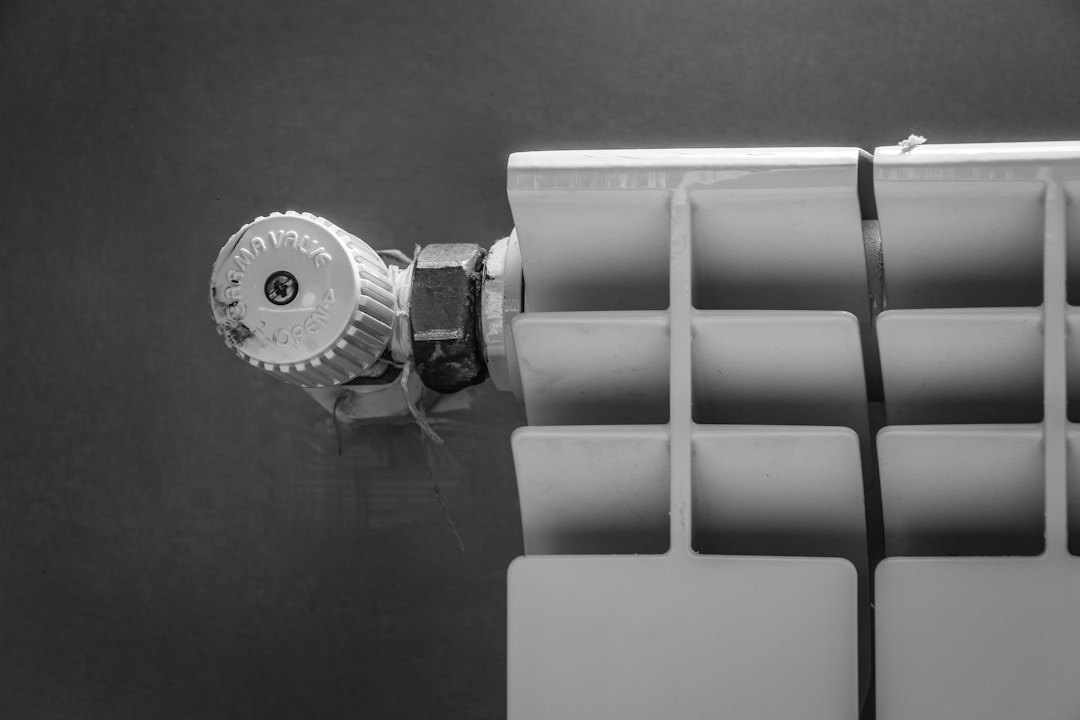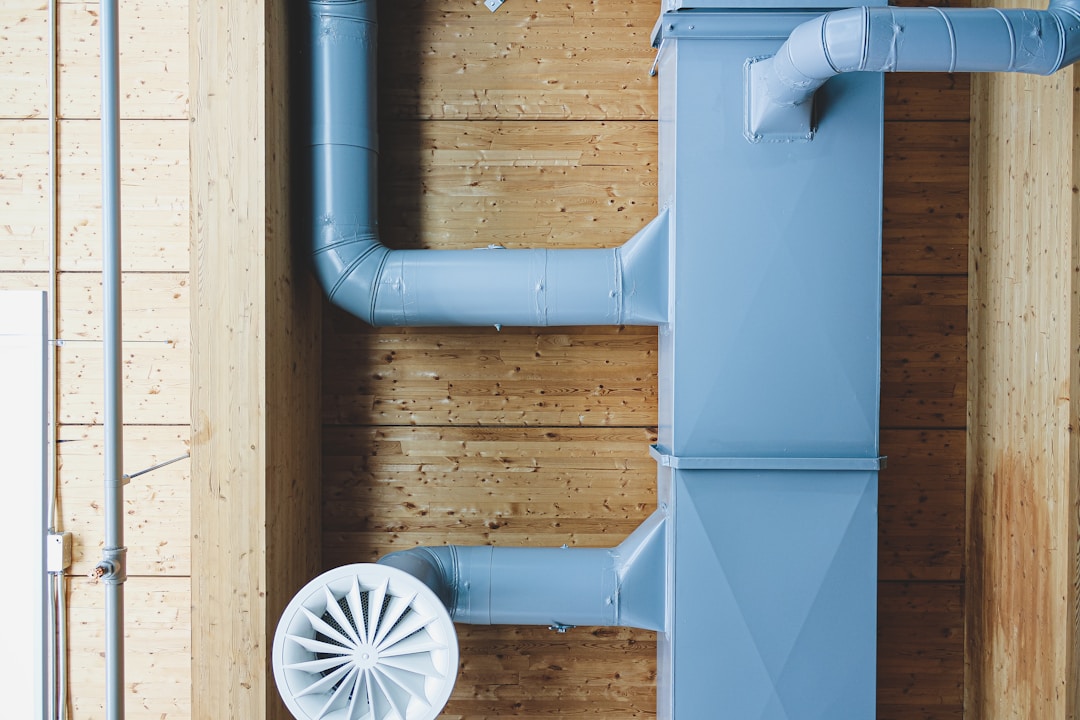As a homeowner, one of the several things to worry about is the heating system for your new home’s hot water needs. There are several types of heaters on the market today, and making the right choice can be a daunting task. Two of the main water heater types are tankless and traditional. Considering a number of factors like your household size and budget, you can make a befitting choice between these two. Here are the similarities and differences between tankless and traditional water heaters to help you choose.
What is a tankless water heater?

It’s easy to outrightly say “go tankless,” but knowing the similarities and differences between tankless and traditional water heaters is essential. Tankless water heaters are often referred to as on-demand water heaters. They function without the use of a storage tank and heat water with a structured process. The process begins after you turn your hot water faucet on. This action, powered by an intermittent ignition device, pulls cold water through an in-built heat exchanger that can either be fueled by electric burners or gas fuel.
But the natural gas model produces higher water flow rates compared to electric options. Even with this rate, members of a large household may have shortages using a single tankless water heater for simultaneous uses. The best way is to install multiple tankless water heater systems. Alternatively, users can install separate tankless systems for separate appliances, like one for your washing machine and a separate one for your dishwasher.
How do they differ from a traditional water heater?

Traditional water heater systems, on the other hand, have several differences. Some of the specific ways in which they differ can include the following.
Installation
Installing a new water heater, whether it’s a storage tank or a tankless system, requires technicians’ expertise. However, traditional models are easier to install, and the process of heating is less complicated. They preheat up to 50 gallons of water per day for all activities that require hot water. Often, technicians will require a lot of space to install and can sometimes be an aesthetic eyesore.
Tankless heaters feature a more complicated process. Unlike a huge system powering an entire house, tankless systems are installed at specific points of use and require less space. The installation requires a heat source using either gas units or an electric model to heat water as and when you need it.
Cost
Traditional water heater systems can be cheaper on the market compared to tankless options. Because an efficient tankless water heater requires multiple installations at different locations, you may end up with higher total costs compared to traditional tank systems. When you compare their initial costs, tankless systems appear to be more costly than the traditional model. However, energy experts have established that a tankless heater can ensure cost savings in utility bills.
Maintenance
Because traditional tank heaters require simplified installation processes and operating mechanisms, very little can go wrong in the course of their life span. And that translates to little need for regular maintenance. However, its shelf life can’t be compared to tankless systems, which, when installed right, can last up to 15 years longer.
Convenience
Conventional tank water heater systems are common throughout many U.S. households. A traditional tank system’s process of heating stored water and often the pressure from multiple appliances may require you to wait for long hours before getting a hot shower. That’s not very convenient as compared to tankless systems, which provide hot water instantaneously. As household technologies improve, the rate at which tankless systems produce hot water increases. Tankless systems have very few limitations, so you can enjoy a long shower without worrying about abrupt cuts.
Energy Efficiency
Energy efficiency is increasingly becoming a crucial indicator for modern and sustainable homes. Tankless systems have in-built energy-efficient features. When you don’t need water, your energy stays intact, and your bills stay where they are. Traditional water heaters keep your energy bills running even when your clothes washer and other appliances are inactive.











